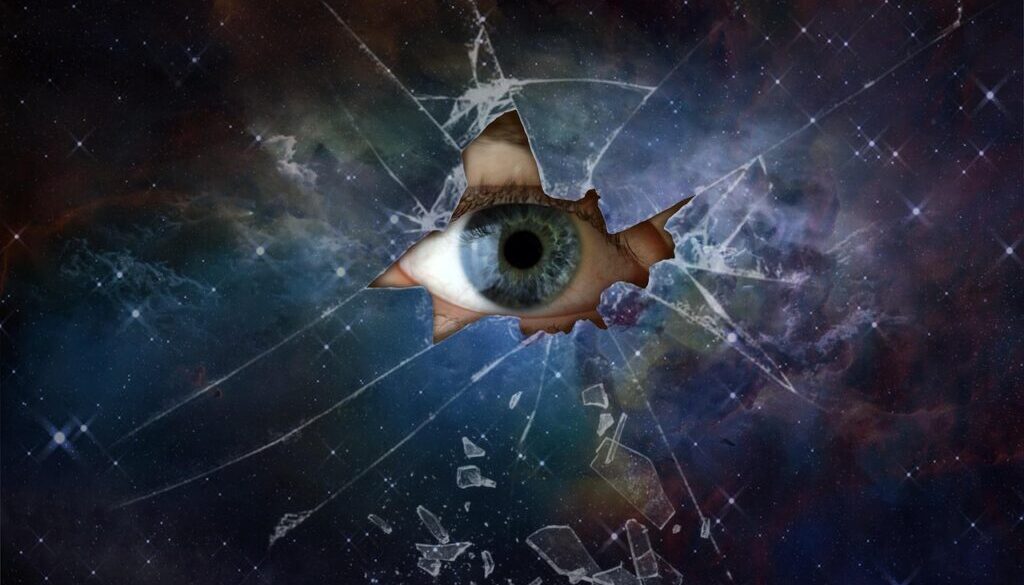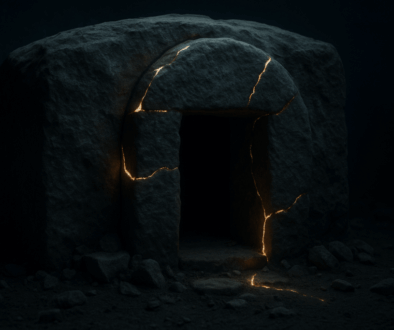Psychedelics, the Bible, and the Renewing of the Mind
Let me just say this clearly upfront:
If psychedelics were inherently deceptive, ego-driven, or spiritually dark—I’d say an absolute no. Full stop. No need for more words.
But what if they’re not that simple?
What if some of our hesitation is based on assumptions or fears we’ve never really unpacked?
I’m not here to tell you what to think. I’m not endorsing psychedelics—for Christians or for anyone else. I’m just saying… this is a conversation we’re going to have to face. So we might as well do it with humility, wisdom, and a bit of courage.
Yes, They Alter the Mind—But So Does Transformation
It’s true. Psychedelics alter the mind. That’s no longer speculative—it’s proven. Psilocybin, LSD, DMT—all of these substances interact with the serotonin system and seem to increase neuroplasticity, or the brain’s capacity to rewire itself.
But is altering the mind always a bad thing?
Scripture says:
“Be transformed by the renewing of your mind.”
(Romans 12:2)
Ephesians 4:23 tells us to “be made new in the attitude of your minds.”
That’s also alteration.
Research from places like Johns Hopkins and Imperial College London shows that when used carefully and with support, psychedelics can help people heal from trauma, reduce depression and anxiety, and even become more compassionate, open, and spiritually grounded. (Carhart-Harris et al., 2016; Griffiths et al., 2018.)
So the real question isn’t: “Do they change the mind?”
It’s: “How do they change the mind—and to what end?”
But What About “Be Sober-Minded”?
1 Peter 5:8 tells us:
“Be sober-minded; be watchful.”
That matters. And it should be taken seriously.
The Greek word used here—nēphō—means more than just “don’t get drunk.” It carries the idea of clear-headedness, freedom from illusion, being present and discerning. According to HELPS Word-studies, it refers to “having one’s wits about them,” especially in contrast to being driven by impulsive passions or irrational fears.
That doesn’t mean any altered state is automatically bad.
Sometimes our most distorted thinking happens in our most “sober” moments—when our egos are overactive, our shame is driving the ship, and we’re stuck in fear or control. A loving and well-supported psychedelic experience (and I stress that support is key) can sometimes bring those illusions to light—so they can be released.
Still, I believe in discernment. We should always ask:
Is this helping me return to love? To reality? To God?
Or is it pulling me into confusion and self-deception?
Shaking the Snow Globe: The Entropic Brain
One of the most helpful explanations I’ve come across is from Robin Carhart-Harris, who developed the entropic brain theory.
He suggests that psychedelics temporarily increase entropy—meaning, they shake up rigid neural patterns. It’s like picking up the snow globe of the psyche and giving it a gentle shake. The snow falls differently afterward. And that, for some, is what healing looks like.
Michael Pollan puts it this way in How to Change Your Mind:
“A happy brain is a supple and flexible brain…
Depression, anxiety, obsession, and the cravings of addiction are how it feels to have a brain that has become excessively rigid—a brain with more order than is good for it.”
That phrase really stuck with me.
Maybe the problem isn’t too much chaos—but too much bad order. Overcontrol. Shame loops. Ego loops. Anxiety spirals. The mind becomes over-structured, and people suffer for it.
Psychedelics don’t offer permanent solutions—but for some, they create just enough space to begin healing.
Ordered Chaos and the Dust of the Ground
Genesis 2:7 says that God formed humanity from the dust of the ground.
Not polished marble. Not titanium.
Dust. Ground.
There’s a raw, organic, chaotic beauty in that.
And maybe that tells us something about our minds, too.
Life isn’t meant to be sterile and over-engineered. Nature thrives in a balance of order and mess. Modern life often lacks that mess—everything’s too clean, too flat, too scheduled. The soul shrinks in overly sanitized spaces.
Maybe that’s why psychedelics feel like they add something earthy back in. A bit of entropy. A bit of mystery. Not as a wild escape—but as a reminder that we weren’t made for hospital lighting and eternal routine.
Dust is more human than concrete.
And sometimes, healing means touching the ground again.
For a closer look at the idea of chaos on scripture, read my article here.
Renewing the Mind Is Not Passive
Transformation is movement. Change. A shift from one state into another.
Therapy changes the mind.
Breathwork changes the mind.
Worship changes the mind.
Falling in love changes the mind.
Psychedelics are one of many ways human beings have explored altered states. And like any powerful experience, they need interpretation, grounding, and integration.
Romans 12:2 calls us to transformation, not stagnation. And while psychedelics are certainly not the only—or best—way to change, I think we’re being dishonest if we pretend the conversation isn’t already happening.
Risks Are Real (Let’s Not Be Naïve)
Let me be clear again: this is not a magic shortcut. Psychedelics can cause harm when misused. Here are some caveats:
- They are not a fix-all. They can open up trauma that needs real support to process.
- They’re illegal in many places. That matters. Christians are called to live ethically—including in how we engage with the law.
- They’re not for everyone. Some people are more vulnerable to psychosis, dissociation, or destabilization.
- They require integration. Insights mean little without slow, honest work afterward.
It’s not about chasing an experience. It’s about becoming more whole. More alive. More Christlike.
In Closing: From Fear to Wisdom
Yes—psychedelics alter the mind.
But the more pressing question is: how, and to what effect?
For some, they may open doors that have long been shut. For others, they may do more harm than good. We can hold both realities with tenderness and care.
Scripture calls us to be sober-minded. That means clear. Present. Awake. Free from illusions that separate us from God’s love.
Maybe, just maybe, there are moments where an altered state helps some people return to that very clarity—not in spite of it, but through it.
I don’t pretend to have all the answers. I just believe this conversation is worth having—openly, compassionately, and anchored in wisdom.
Because the world is changing.
Let’s be sober, yes.
But let’s also be brave.
References & Further Reading
- Carhart-Harris, R. L. et al. (2014). The Entropic Brain: A Theory of Conscious States Informed by Neuroimaging Research with Psychedelic Drugs. Frontiers in Human Neuroscience.
- Carhart-Harris, R. L. et al. (2016). Psilocybin with psychological support for treatment-resistant depression: an open-label feasibility study. The Lancet Psychiatry.
- Griffiths, R. R. et al. (2018). Psilocybin-occasioned mystical-type experience in combination with meditation and other spiritual practices produces enduring positive changes in psychological functioning and in trait measures of prosocial attitudes and behaviors. Journal of Psychopharmacology.
- Pollan, M. (2018). How to Change Your Mind. Penguin Press.
- HELPS Word-studies: nēphō (Strong’s Greek 3525).
Scripture quotations from the NIV unless otherwise noted.
Disclaimer: This blog is a space for honest exploration, not medical or spiritual advice. Psychedelics remain illegal in many places. If you’re considering them for any reason, do thorough research, seek trusted guidance, and pray. Always proceed with wisdom.



